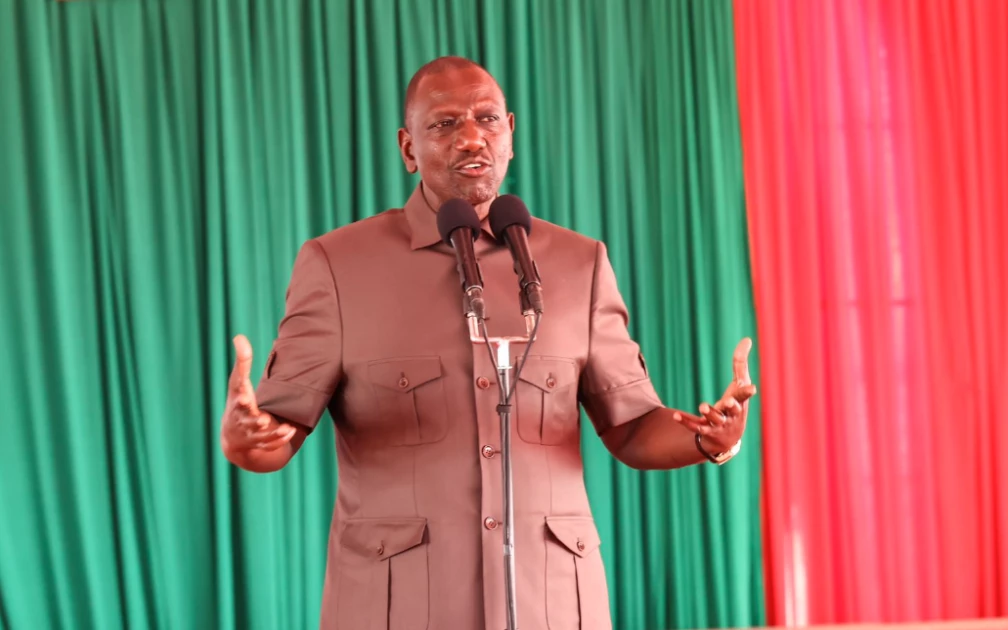Kenya’s Cabinet has approved the establishment of new embassies in Vatican City, Copenhagen, and Hanoi, a move aimed at expanding the country’s diplomatic footprint and strengthening global partnerships.
According to a statement issued after the Cabinet meeting, the embassy in Vatican City will focus on enhancing Kenya’s engagement with the Holy See, promoting moral and development diplomacy, and advancing the country’s role in global peace and humanitarian initiatives. Vatican City, the world’s smallest independent state located within Rome, Italy, serves as the spiritual and administrative center of the Roman Catholic Church and is a non-member observer state at the United Nations.
“The Vatican City, home to the Holy See, holds significant influence in global peace, dialogue, and humanitarian affairs,” the statement noted. The government highlighted that Catholic development agencies in Kenya operate over 7,700 schools and 500 health facilities, contributing to education, healthcare, and social welfare programs in line with the Kenya Kwanza administration’s agenda.
The new embassies in Denmark and Vietnam are expected to strengthen bilateral relations, boost trade ties, and advance Kenya’s strategic global interests. The move underscores the government’s commitment to expanding diplomatic reach and fostering international cooperation.
This development follows Kenya’s recent milestone in April when it officially acquired the Kenya High Commission building in London after decades of leasing. Prime Cabinet Secretary Musalia Mudavadi confirmed the acquisition, noting that plans were underway to give the building a fresh Kenyan identity.
“The acquisition of our London High Commission marks a significant step in consolidating Kenya’s diplomatic presence abroad,” Mudavadi said during his visit. The government had initially allocated Ksh 1.74 billion for the purchase, but the process was delayed due to additional funding requirements.
With these new embassies, Kenya aims to deepen diplomatic engagement, enhance global partnerships, and further its agenda in education, healthcare, trade, and humanitarian development.

